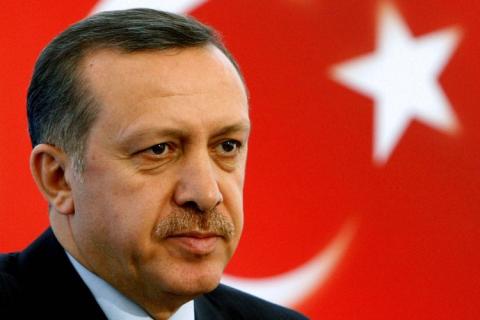
One of the interesting innovations in Brazil’s foreign policy under Dilma Rousseff is the adoption of a more subtle approach to the question of UN Security Council reform. While President Lula and his outspoken foreign minister Celso Amorim used every conceivable opportunity to make the case for reform, such public declarations have become rare under Rousseff and her smooth foreign minister Antonio Patriota. Far from having abandoned the quest for reform, Brazil’s rationale has evolved: Both Rousseff and Patriota know that Brazil on its own is unable to bring about UN Security reform – rather, it requires a complex constellation of factors, including a sort of ‘global momentum’ that only occurs every once in a while. At the same time, decision-makers in Brazil are convinced that, if reform is to take place, Brazil will almost certainly obtain a permanent seat. Brazil is globally recognized as a ‘natural candidate’, so policy makers can focus on reforming other, potentially less rigid institutions, such as the IMF.
In this context, Turkey has emerged as the leading mouthpiece for UNSC reform. Pointing out recently that “the West is no longer the only centre of the world”, Turkey’s Prime Minister Erdogan called for the inclusion of emerging powers, such as Turkey, Brazil, India and Indonesia as permanent UNSC members. Turkey’s criticism is thus in many ways similar to Brazil’s argument that the UNSC symbolizes an unjust and unequal international system, which needs urgent reform. Claiming a leadership role in the region, Erdogan is in a way adopting Brazil’s in-your-face strategy under President Lula, which may help Turkey join the list of ‘natural candidates’, currently led by Brazil and India.
Yet Erdogan’s current approach differs from Brazil’s because it is tied to the crisis in Syria. While Brazil makes a general argument about a fundamentally flawed international system which needs to regain its legitimacy, Turkey’s main criticism is the UNSC’s lack of effectiveness. He warns that “if we leave the issue to the vote of one or two members” (referring to Russia and China) “of the permanent five at the United Nations Security Council, then the aftermath of Syria will be very hazardous and humanity will write it down in history with unforgettable remarks”. Erdogan thus essentially calls for eliminating permanent members’ veto power and the requirement to reach unanimity in order to pass resolutions. The P5’s individual veto power is one of the key pillars of today’s international system, and many believe it is responsible for the institution’s relative success over the past decades. Questioning this rule is a much more profound – and less realistic – call for reform than politely asking for permanent UNSC membership à la Brasília.
But Turkey’s approach is also different from Brazil’s because it rejects Brazil’s narrative of an underrepresented and rising Global South and an established yet declining Global North unwilling to share power with emerging powers. Turkey’s criticism is focused on Russia and China, whose position in the ‘Global South’ vs. ‘Global North’ debate is not clearly defined – during BRICS Summits and IMF meetings, at least, both are keen to show their credentials as underrepresented powers that push for reform. Erdogan, on the other hand, portrays them as the two greatest obstacles against creating more effective international institutions.
By confronting Russia and China head-on, Turkey is unlikely to find support from Brazil, which – along with the other BRICS members – does not support a military intervention in Syria. It also diminishes the probability of Turkey entering the BRICS group any time soon, increasing the chances for Indonesia should the group ever decide to expand. By criticizing both Russia and China on the one hand, and ‘the West’ on the other, Turkey has adopted a rather risky strategy that may in the end complicate its own candidacy for permanent UN Security Council membership.
Read also:
Emerging powers remain divided on R2P and RwP
For Brazil and Turkey, a Natural Defense Partnership Deepens
Brazil and Turkey: Towards a Strategic Partnership?
Turkey joins the ‘Struggle for Africa’
Photo credit: Reuters








